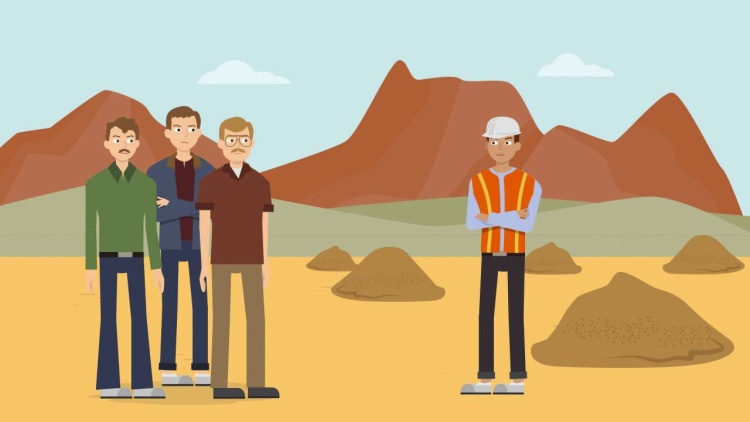Renner v. Kehl
Supreme Court of Arizona
150 Ariz. 94, 722 P.2d 262 (1986)

- Written by Sean Carroll, JD
Facts
Roy Renner and his business associates (Renner) (plaintiffs) entered into a contract to purchase leaseholds on over 2000 acres of unimproved land owned by the Kehls and the Moyles (Kehls) (defendants). It was clearly understood by the parties, before they entered the contract that Renner intended to use the property solely to grow jojoba which needed an adequate water supply. The soil and climate were good for jojoba cultivation and both parties believed that there was an adequate supply of underground water for this purpose. Renner made a down payment, took conveyance of the leaseholds and drilled five test wells. When the test wells indicated there was insufficient quantity or quality of water for commercial jojoba cultivation, Renner brought an action against the Kehls for rescission of the contract. The trial court granted rescission on the ground of mutual mistake of fact and ordered the Kehls, upon Renner's assignment of the leaseholds back to the Kehls, to pay Renner an amount equal to the down payment and to reimburse, as consequential damages, the expenses Renner had incurred in developing the property, including the cost of the five test wells. The Kehls appealed and the court of appeals affirmed the trial court. The Kehls then appealed to the Supreme Court of Arizona.
Rule of Law
Issue
Holding and Reasoning (Gordon, C.J.)
What to do next…
Here's why 908,000 law students have relied on our case briefs:
- Written by law professors and practitioners, not other law students. 47,100 briefs, keyed to 997 casebooks. Top-notch customer support.
- The right amount of information, includes the facts, issues, rule of law, holding and reasoning, and any concurrences and dissents.
- Access in your classes, works on your mobile and tablet. Massive library of related video lessons and high quality multiple-choice questions.
- Easy to use, uniform format for every case brief. Written in plain English, not in legalese. Our briefs summarize and simplify; they don’t just repeat the court’s language.





